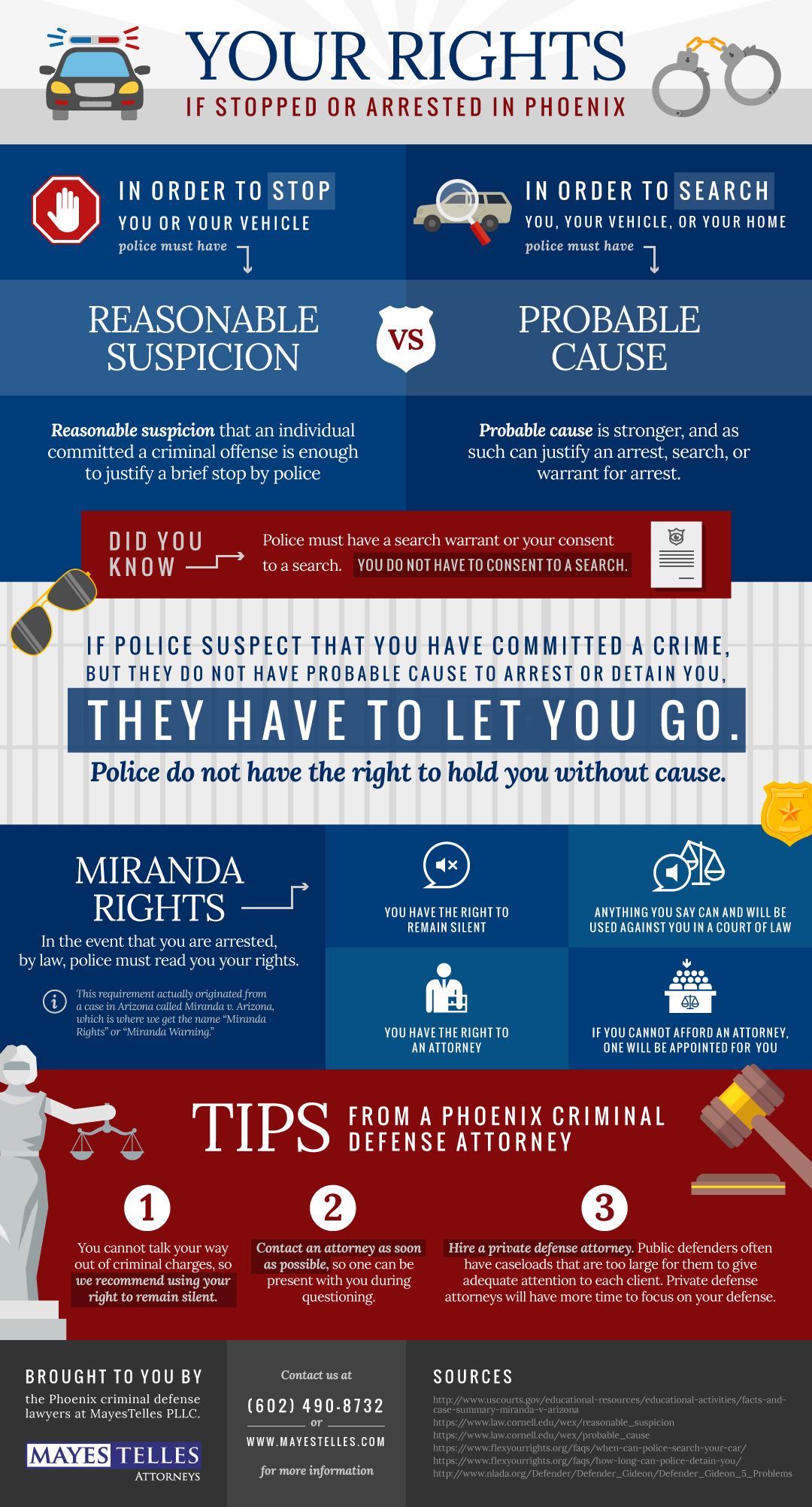Common Myths Regarding Criminal Protection: Debunking Misconceptions
Common Myths Regarding Criminal Protection: Debunking Misconceptions
Blog Article
Post Composed By-Kuhn Beebe
You've possibly heard the myth that if you're charged with a crime, you have to be guilty, or that remaining quiet means you're concealing something. These prevalent ideas not only distort public assumption yet can additionally affect the outcomes of lawful proceedings. click this site to peel back the layers of mistaken belief to comprehend the true nature of criminal protection and the rights it safeguards. What happens if you recognized that these misconceptions could be taking down the extremely structures of justice? Join the discussion and explore how exposing these myths is important for ensuring fairness in our lawful system.
Myth: All Offenders Are Guilty
Frequently, people mistakenly believe that if someone is charged with a crime, they should be guilty. You might presume that the lawful system is infallible, yet that's far from the reality. Costs can originate from misconceptions, mistaken identities, or insufficient proof. It's essential to keep in mind that in the eyes of the legislation, you're innocent till proven guilty.
This assumption of virtue is the bedrock of the criminal justice system. It guarantees that the burden of proof lies with the prosecution, not you. They should develop beyond an affordable uncertainty that you committed the crime. This high typical shields people from wrongful sentences, ensuring that no one is penalized based upon presumptions or weak evidence.
Additionally, being charged doesn't indicate completion of the road for you. You can protect on your own in court. This is where an experienced defense lawyer enters play. They can challenge the prosecution's instance, existing counter-evidence, and advocate in your place.
The intricacy of legal proceedings often requires experienced navigation to safeguard your legal rights and attain a reasonable result.
Myth: Silence Equals Admission
Several believe that if you choose to remain quiet when implicated of a criminal offense, you're basically admitting guilt. Nevertheless, this could not be further from the truth. Your right to continue to be quiet is secured under the Fifth Amendment to avoid self-incrimination. It's a legal secure, not a sign of sense of guilt.
When you're silent, you're really exercising a fundamental right. This stops you from claiming something that may accidentally harm your protection. Remember, in the warm of the minute, it's simple to obtain overwhelmed or talk erroneously. Law enforcement can analyze your words in means you didn't plan.
By staying silent, you provide your lawyer the best chance to safeguard you successfully, without the problem of misunderstood declarations.
In addition, it's the prosecution's work to show you're guilty past a reasonable uncertainty. Your silence can't be used as proof of sense of guilt. In fact, jurors are advised not to analyze silence as an admission of guilt.
Misconception: Public Defenders Are Ineffective
The misconception that public defenders are inefficient persists, yet it's critical to comprehend their critical function in the justice system. Many believe that because public protectors are often overwhelmed with situations, they can not provide top quality protection. Nevertheless, this forgets the depth of their dedication and expertise.
Public protectors are totally certified attorneys who've chosen to concentrate on criminal law. They're as certified as exclusive lawyers and commonly much more knowledgeable in test job as a result of the volume of situations they handle. You could assume they're much less motivated since they don't choose their clients, yet in reality, they're deeply dedicated to the ideals of justice and equality.
see this website to bear in mind that all legal representatives, whether public or exclusive, face difficulties and restraints. Public protectors typically work with less sources and under more pressure. Yet, they consistently show durability and creativity in their defense techniques.
Their duty isn't just a task; it's a goal to guarantee that everyone, despite revenue, receives a reasonable test.
Conclusion
You might believe if someone's charged, they must be guilty, yet that's not how our system functions. Selecting to remain silent doesn't imply you're confessing anything; it's simply clever protection. And do not underestimate public defenders; they're devoted experts devoted to justice. Bear in mind, every person deserves a reasonable test and experienced depiction-- these are fundamental legal rights. Let's lose these myths and see the legal system of what it truly is: a location where justice is sought, not just punishment gave.
